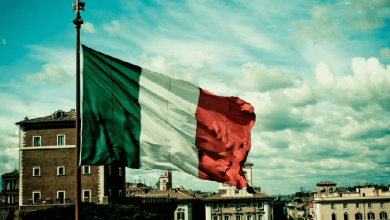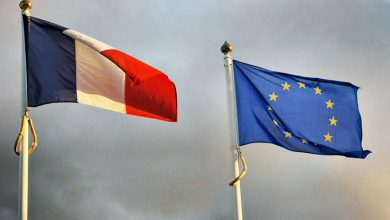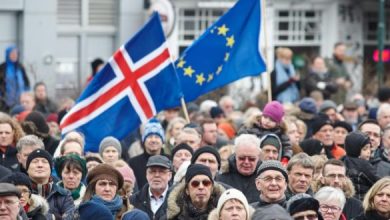Dutch Elections: All You Need To Know

This is a year of big elections for many European member States. The Netherlands are the first to begin the dance, with their widely diversified political spectrum. Multiple political parties contend for representation, and coalition-building is essential to governance.

A record number of 28 parties will take part in the general elections this year, which has not occurred since 1933.
Two weeks from now, the newly elected parliament will be installed in the upper house, but the coalition work required to usher in a new government will likely take longer. Since 1946, it has taken 89.5 days on average to form a coalition government.
Election system
Cycle: every 4 years, unless cabinet “collapses” before
Voting system: Party-list proportional representation
Apportionment method: D’Hondt method (slightly favours larger parties)
Total number of seats: 150
Electoral threshold: none (technically 1/150th of the votes, ~0.67%, around 70.000 votes considering previous election turnouts)
Issues of European relevance: the campaign has been rich with issues and talking points of domestic as well as foreign policies, but given the wide range of parties and issues, we prefer to focus, for this summary, on the elements of the debate that directly concern Europe.
When it comes to defense spending, most parties from all walks of the spectrum are in favor of an increase in military spending, from the current meagre 1,1% of GDP. Groenlinks (the green left) is against increased military spending, but in favor of European military cooperation. Centrist party and constant coalition member D66 wants to do both.

On Europe, the field is polarized: Geert Wilders’ PVV wants a referendum on the model of Brexit. The Socialist party, as well as the Christian Union and the Animal party, all occupy various positions in the spectrum of Euroskepticism. The aforementioned Groenlinks, and the two centrist-liberal parties (VVD and D66) are staunchly pro-European, with the latter openly championing the cause of federalism.
Endorsement
The staff of My Country? Europe endorses GroenLinks and D66 in the Dutch elections. Every admin’s opinion is his or her own, but given the stakes, and in light of the pro-European and progressive stance of these parties, we wish them the best of luck, and do encourage voters to support them.
You can find a lengthy, detailed summary of the elections over at r/europe on Reddit. All credits to the authors and contributors: HERE





